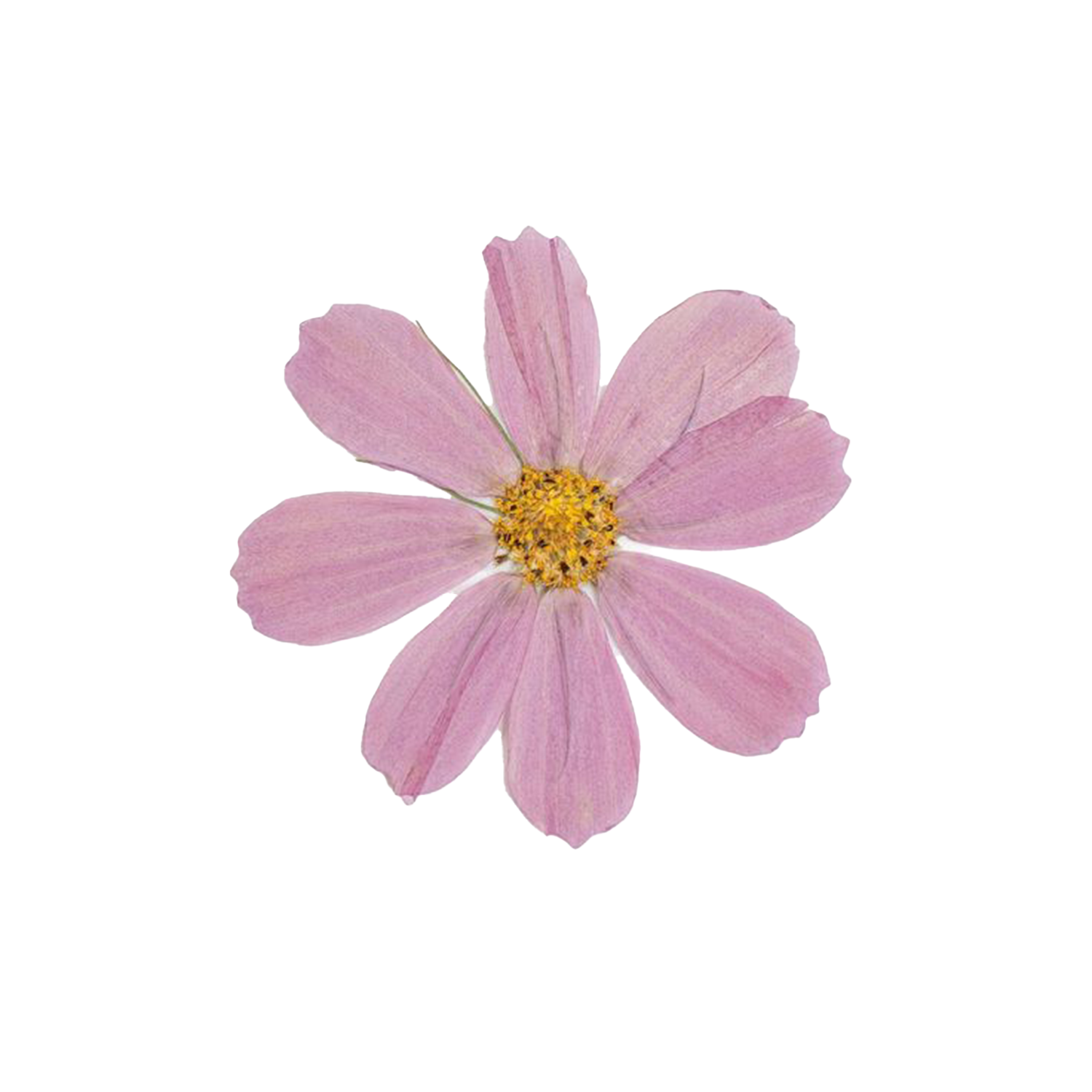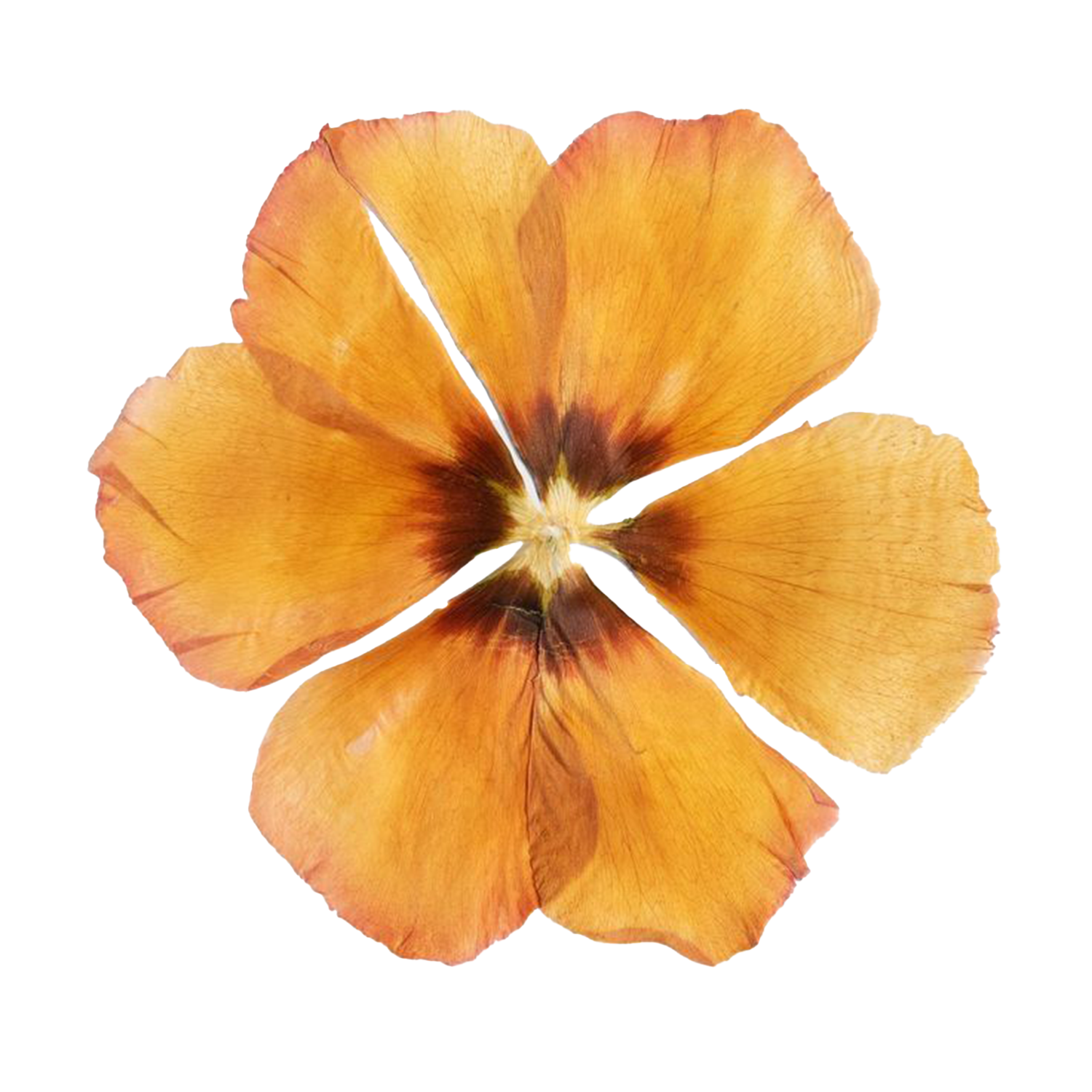
ECOTHERAPY
HER defines ecotherapy as earth-based practices intended to soothe, relieve and heal. We believe that one of the most powerful tools we have for social change and communal healing is our ability to access nature as human health is inseparable from the larger web of life on Earth.
At its core, ecotherapy is a practice that reconnects individuals with nature to promote healing and well-being. While the term “ecotherapy” may be a modern label, we believe it’s important to acknowledge & recognize that the essence of this practice is not new. Indigenous communities around the world have long understood the profound relationship between humans and the natural world. For generations, Indigenous peoples have nurtured their connection to the land, using it as a source of guidance, healing, and spiritual renewal.
We aim to be shaped and informed with indigenous communities and their wisdom leading us forward. Indigenous social work scholar Natalie Clark suggests that “until we acknowledge and reconcile the damage done through colonization, including through intersectionality theory itself, all critical theories must remain in service to Indigenous communities. This means placing nationhood and sovereignty at the centre… utilizing indigenous epistemologies and worldviews in their great diversity, and recognizing the relationships between humans and all of nature as equal and important sources of knowing.” (Clark, 2012).
Nature access points through art, permaculture, play, humour, story-telling, music, dance and community connection are pathways to returning to a baseline of health and happiness. This offers an effective, holistic, compassionate and non-clinical approach to personal recovery, community-building, social justice, and overall well-being for people and the planet.
References
Clark, N. (2012). Perseverance, determination and resistance: An Indigenous intersectional-based policy analysis of violence in the lives of Indigenous girls. An Intersectionality based policy analysis framework, 133-159.



